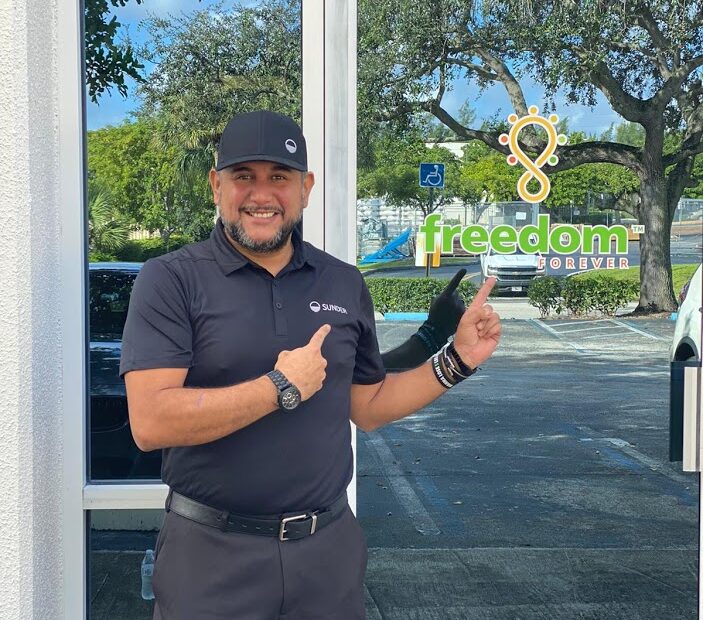Do you need to hire a professional solar installer? Or can you just do the job yourself? Going the DIY route may seem like a good idea — after all, if you don’t have to pay a photovoltaic contractor, your rooftop solar project will be less expensive. And if you have the right skills, you may be able to handle the job.
But for the average homeowner, hiring a professional photovoltaic contractor is a more practical choice. Why?
NO. 1: GENERAL SAFETY
How much time have you spent working on ladders and rooftops? Climbing up and down a ladder, hauling heavy photovoltaic panels and racks, walking around on a sloped surface high above the ground — all these activities can be quite dangerous. Hiring a professional solar installer makes better sense than risking an accident.
NO. 2: ELECTRICAL SAFETY
Are you a licensed electrician? If not, you will want to reconsider completing your own rooftop solar installation. To get the photovoltaic panels up and running, you’ll need to connect the system to your power supply. A mistake here could be costly for your property — and your safety. Plus, most local regulations require the wiring be done by an electrician or solar installer.
NO. 3: SPECIALTY EQUIPMENT
You might have a shed or home workshop filled with tools, but chances are you probably don’t have all the right equipment to complete a rooftop solar installation. You’ll need more than a ladder and power drill, and some of the necessary tools aren’t exactly cheap. A professional solar installer has the specialized tools and equipment to get the job done.
NO. 4: EXPERIENCE AND TRAINING
If you watch videos of professional installers at work, completing a photovoltaic installation seems simple and straightforward. But this is only because of their extensive training and experience. In reality, planning and installing an effective rooftop solar power system can be rather tricky for the average homeowner.
NO. 5: WARRANTY COVERAGE
High-quality photovoltaic panels typically have 25-year warranties. However, if you install them yourself, you might void the warranty. Some manufacturers only cover modules that are installed by a licensed and certified solar installer.
NO. 6: HOME RESALE VALUE
Photovoltaic-powered homes generally sell faster and for more money than similar homes without rooftop solar power systems. But these benefits apply only to professionally installed systems — if you complete the installation yourself, appraisers and home buyers may have difficulty assessing the quality of your workmanship.
Don’t you want the peace of mind of knowing that your rooftop solar installation was done right? If you live in Broward county Florida Don is providing exceptional service at an affordable price.
Let us show you the advantages of hiring a professional solar installer. To schedule a free consultation, contact Energy Expert Don at 954-477-3077
is solar right for my home ?
There are many reasons why Southern Florida homeowners go solar, but improving the environment and cutting energy costs are the most common. Many people are aware that Southern Florida solar is a great home efficiency upgrade and are eager to reduce their carbon footprint while also improving property value.
Whether your motivations for going solar are economic, environmental, or personal, this sizable list of solar power benefits will have something for everyone. Here are the top ten reasons why solar energy is good for your home and more popular than ever in the United States
- Drastically reduce or even eliminate your electric bills. …
- Earn a great return on your investment. …
- Protect against rising energy costs. …
- Increase your property value. …
- Boost U.S. energy independence. …
- Create jobs and help your local economy. …
- Protect the environment.
Solar is not right for everyone !
For some solar shoppers who may not be able to install solar on their property, community solar is a viable solar option that more directly connects utility-scale solar energy projects to residential consumers. As such, community solar farms are typically built in a central location as opposed to on any single customer’s property. Residential consumers can subscribe to a community solar project to receive many of the benefits of solar power without installing solar panels on their property.
